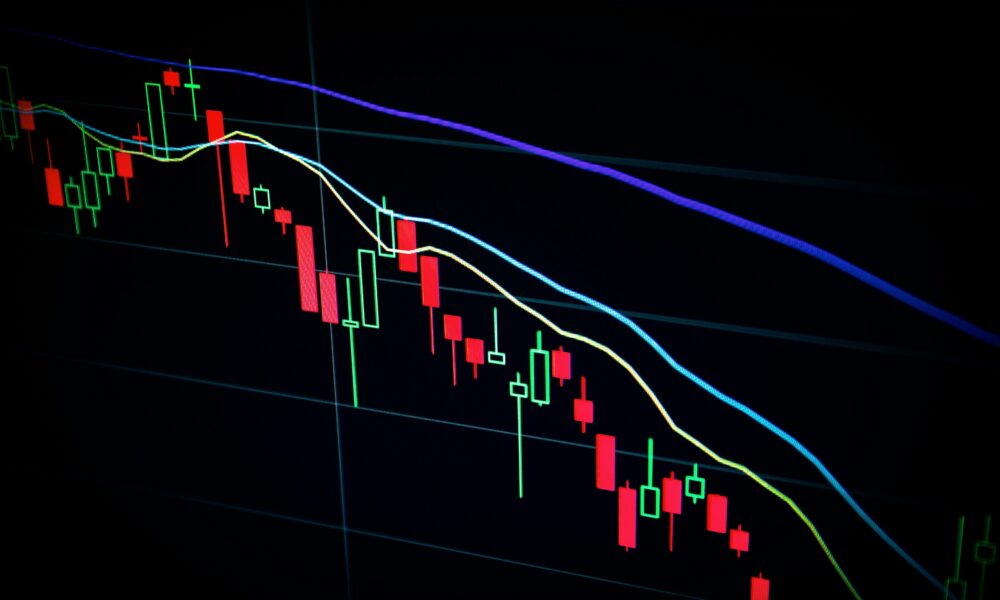With daily trading volumes of almost $7 trillion, the foreign exchange (FX) market is the largest and most liquid financial market accessible worldwide. Five days a week, twenty-four hours a day, it links governments, institutions, and traders all across the world. Still, the forex market is not composed of one type of player. Rather, it’s a dynamic ecosystem with a spectrum of players with varying range of influence, strategies, and goals. Anyone hoping to navigate this huge market must first know who these participants are. The article will cover five primary players in the global forex market combined with the reasons why they exist.
Central Banks and Governments
Among the most powerful participants in the FX market are central banks. Significant power to influence currency values rests with institutions such as the Bank of Japan, the European Central Bank (ECB), and the Federal Reserve (USA). Their actions in direct market interventions, interest rate changes, and monetary policy decisions help to do this. To meet inflation targets or to stabilize market conditions, a central bank can choose to purchase or sell its own currency. Their activities often have knock-on consequences on world markets, influencing everything, including investor sentiment and currency prices. Unlike private investors, central banks want to ensure national economic stability, not profit from trade.
Commercial Banks and Financial Institutions
The FX market is built mostly on commercial banks. For clients including hedge funds, retail investors, and multinational companies, they provide currency trading. These banks trade speculatively themselves as well. Quoting bids and asking prices for different currency pairings, they provide liquidity for market makers. The core of the forex trading system is the interbank market, in which banks trade directly with one another. The volume and size of trade handled by these institutions usually define the movement and price of currencies worldwide. Their great advantage over smaller market participants is derived from their great information access and resources.
Multinational Corporations
Also, quite significant in the forex market are big multinational corporations. These corporations have to exchange currencies if they want to conduct business in different countries. For instance, a European company buying American materials will have to convert euros into dollars to finish the deal. The profit margins of a company can be greatly impacted by fluctuations in currency values, particularly in cases of high volume of international trading. Many companies use hedging, locking in the exchange rate via forward contracts or options, to manage this risk. Although they trade less than banks or investors, the amount of their transactions still impacts the whole market.
Institutional and Retail Investors
The dynamic nature of the forex market is a result of the contributions of investors from huge hedge funds to individual traders. Using complex strategies, institutional investors profit from movements in currencies. Their access to better technology, analytics, and execution platforms helps them to trade efficiently at scale. Conversely, the rise of online trading platforms has helped retail investors grow in number. Even while they usually run with less money, their combined activity gives the market notable liquidity. To make decisions, retail traders mostly rely on technical analysis, news events, and automated trading systems; so, their behavior can lead to temporary volatility.
Proprietary Trading Firms
A further, quite obvious participant in the forex space is the proprietary trading firm. Often referred to as prop firms, these organizations trade in financial markets, including FX, using their own money. They trade not on behalf of clients, unlike traditional brokers or banks. Rather, they focus on adopting internal strategies—often designed by expert traders and analysts—to profit from movements in the markets. Some Forex prop firms have become well-known by providing financing for qualified retail traders who pass their evaluation programs. While the firm shares in profits, this model lets traders access large cash without risking their own money. Prop firms help to create market liquidity and competitiveness; their success mostly hinges on technology, risk control, and trader performance.
Conclusion
The variety of players in the worldwide currency market helps it to flourish. From central banks forming monetary policy to individual traders looking for profit from price fluctuations, every player adds to the complexity and vibrancy of the market. Knowing these multiple roles helps inexperienced as well as experienced traders value the forces influencing currency values. In this fast-paced world, knowing who’s behind the trades can help you to see things more clearly and have a competitive edge, whether you’re tracking institutional flows, analyzing economic reports, or learning from the strategies used by Forex Proprietary firms.












